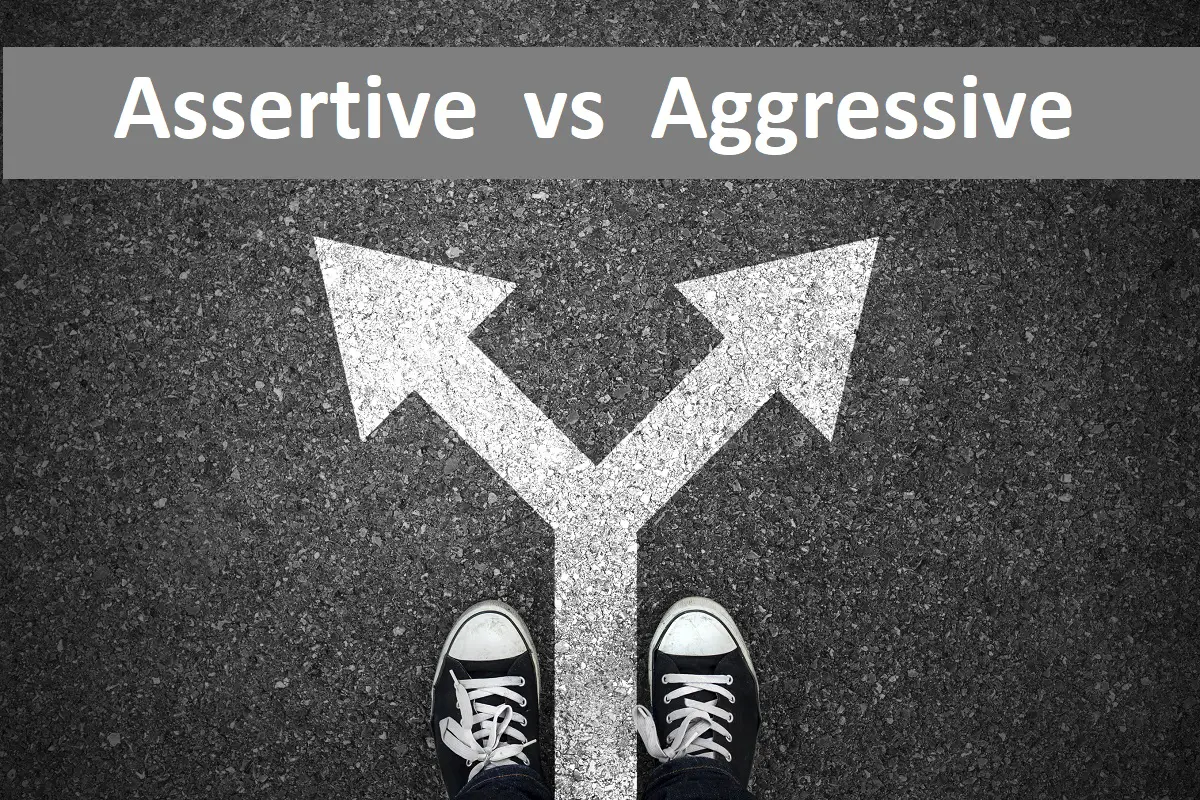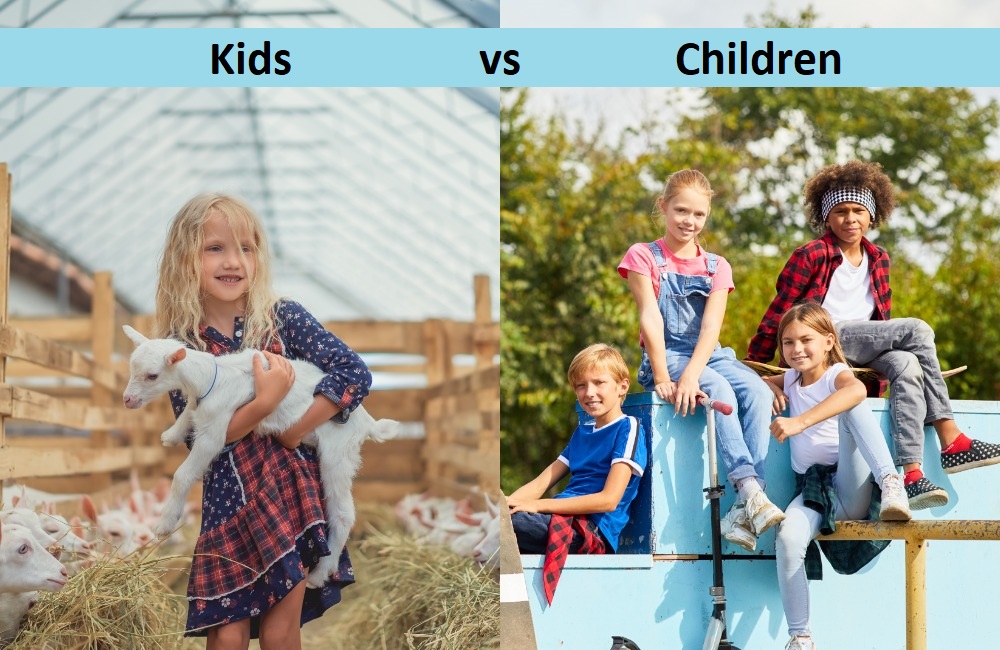Race Vs. Ethnicity: What Are The Differences?
Race and ethnicity are two widely mixed up concepts. Some might say they are two slices of the same loaf, but a striking difference can be drawn between the two when it comes to sizing up racial or ethnic factors without any notions of misconception or generalization.
What is Race?

In order to properly define race, one might find it necessary to single out a specific aspect from which to study. Several acclaims have been made in the attempt to narrow down what we perceive as “race”, but the truth is that there is no standardized category we can follow.
Due to the diverse misuse of the word among societies, people have developed a somewhat stereotypical notion about races and how they vary.
One thing’s for sure, though, race has nothing to do with culture or tradition; biological and genetic factors are the grounds for any sort of racial classification.
Most scientists and anthropologists have agreed that people from the same race share common morphological physical characteristics (bone structure, skin color, brain surface fissure, hair texture, etc.), and one of the recent reports even argues the possibility of there being only four distinct races around the world (Asian or mongoloid, Caucasian, black or Negroid and Australoid).
Different studies object to this system of classification holding on to principles that favor diversity. Archaeology is often merged with the biological factors considered here; race is then given a variable sense that tackles human development and genetic transformation throughout the years.
The mix-up between race and ethnicity lies on the grounds of this classification. Since certain countries have even replaced the use of “racial groups” with “ethnic groups” claiming that race is but a different wording for ethnicity or culture.
However, the main aspect of sorting remains; shared genetic makeups and inherited lines of biological characteristics are mostly regarded when pinning down “race”.
Difference Between Neanderthal and Homo Sapien
What is Ethnicity?

Unlike Race, ethnicity relies completely on culture and tradition. People belonging to the same ethnic groups are committed to a standard set of traditional practices which constitute the basic grounds on which they build their identity. The thing about ethnic groups is that they can vary within the same country.
In The United States, for example, there are several ethnic groups that range from African American to indigenous or Native American. Ethnicity is widely correlated with social and cultural manifestations; a Hawaiian- American individual might not be considered part of the Hawaiian ethnicity unless he/she is particularly engrossed in committed practices that constitute his/her ancestral tradition.
In the same sense, a Caucasian person in Africa might not identify with a Caucasian person in Italy; despite their racial connectedness, the two possess varied ethnic backgrounds.
Each one of them will most probably be subjected to a different set of traditions, a different language, and a different mindset influenced by their environment and adopted the lifestyle.
It is also worth mentioning that social and traditional aspects are, just like biology, extremely diverse. One might find it hard to identify with a specific ethnic group given the present scope of the classification.
Moreover, people among ethnic groups are believed to share common beliefs and a standardized mindset regarding social and existential matters. Certain acclaims have even gone as far as rolling down religion as an ethnic manifestation.
Studying ethnicity allows for a complex understanding of people’s roots and foundation; the core of human nature is embedded within the notions of ethnicity and how it is perceived.
Difference Between Nerd, Geek and Dork
Differences between Race and Ethnicity
So, what are the key differences between race and ethnicity? Here is a comparison table showing the race vs ethnicity with the key differences to help you understand in an easy simple way.
Race |
Ethnicity |
| Race is identified through biological and genetic characteristics shared among people. | Ethnicity is based on social and traditional practices a group of people identifies with. |
| A person cannot choose his/her race. | A person can belong to several ethnic or cultural groups regardless of his/her racial identity. |
| Scientists have managed to give a somewhat standardized concept regarding race. | Ethnic groups, despite stereotypical acclaims, cannot be confined to scientific regard. |
Are There Common Grounds for Race and Ethnicity?
As we’ve mentioned before, race and ethnicity tend to get blurred among people. One might even argue that both terms are nothing but different faces of the same coin, but can that truly be considered?
Race and ethnicity both dwell in the realm of human nature; they both give a specific viewpoint by which people can classify and identify each other.
Despite the common belief that Race is a pure scientific prospect, and that ethnic manifestations tackle a more in-depth understanding of people in a communicative environment, Race and ethnicity can really balance out each other.
It has also been suggested that race can influence ethnic tendencies greatly; a person will naturally adopt the traditional proceeding provided in his native vicinity, but isn’t that vicinity most likely a geographic region in which people of the same race live?
Of course, such a theory cannot be wholly applicable due to the complex universal system that goes against uniformity and closed mindsets.
People resort to ethnic manifestations in order to unveil the core of their purpose; they identify with customs and traditions to solidify their personality and give themselves a more in-depth constitution. Nevertheless, a person might branch out in order to settle among a specific ethnic group and find his/her true calling.
Race, on the other hand, can be viewed as an engraved identity card that every person has no choice but to carry around.
However, and regardless of current societies’ views towards races and how they label people, a person should be able to embrace his/her race and delve into life with a consciously established pride that sets the path for diverse human communication and a varied ethnic realization.
In conclusion, the differences between race and ethnicity are truly perspectives. For some people, there is a definite line between the two. For others, the line might seem so thin it tends to be neglected. Generally speaking, however, a standard biological/social classification technique CAN be considered.






